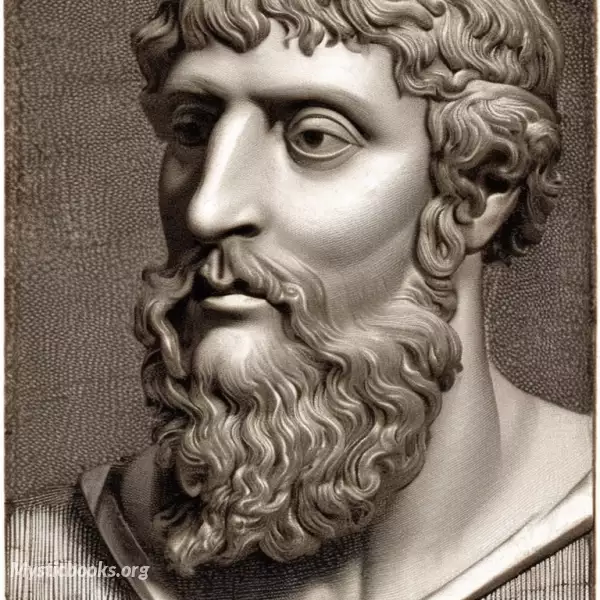
Timeline
Title
Country/Nationality
Publius Vergilius Maro
Publius Vergilius Maro, also known as Virgil, was a Roman poet who lived from 70 to 19 BCE. He is considered one of the greatest poets in Latin literature and is best known for his epic poem the "Aeneid," which tells the story of the Trojan hero Aeneas and his journey to found the city of Rome. Virgil's poetry is characterized by its elegant and sophisticated language, as well as its themes of duty, honor, and patriotism. In addition to the "Aeneid," Virgil also wrote the "Eclogues" and the "Georgics," two other important works of Latin literature.
Virgil's poetry was highly influential in the ancient world, and his works have continued to be widely studied and admired throughout the centuries. His "Aeneid" is considered one of the greatest epic poems in world literature, and it has inspired countless writers, artists, and scholars. Virgil's work has been translated into many languages and continues to be widely read and celebrated today.
Virgil is traditionally ranked as one of Rome's greatest poets. His Aeneid has been considered the national epic of ancient Rome since the time of its composition. Modeled after Homer's Iliad and Odyssey, the Aeneid follows the Trojan refugee Aeneas as he struggles to fulfill his destiny and reach Italy, where his descendants Romulus and Remus were to found the city of Rome. Virgil's work has had wide and deep influence on Western literature, most notably Dante's Divine Comedy, in which Virgil appears as the author's guide through Hell and Purgatory.
Virgil's biographical tradition is thought to depend on a lost biography by Varius, Virgil's editor, which was incorporated into the biography by Suetonius and the commentaries of Servius and Donatus, the two great commentators on Virgil's poetry. Although the commentaries no doubt record much factual information about Virgil, some of their evidence can be shown to rely on inferences made from his poetry and allegorizing; thus, Virgil's biographical tradition remains problematic.
The tradition holds that Virgil was born in the village of Andes, near Mantua in Cisalpine Gaul (northern Italy, added to Italy proper during his lifetime). Analysis of his name has led some to believe that he descended from earlier Roman colonists. Modern speculation, however, ultimately is not supported by narrative evidence either from his own writings or his later biographers. Macrobius says that Virgil's father was of a humble background, though scholars generally believe that Virgil was from an equestrian landowning family who could afford to give him an education. He attended schools in Cremona, Mediolanum, Rome and Naples. After considering briefly a career in rhetoric and law, the young Virgil turned his talents to poetry.
According to the tradition, Virgil travelled to Greece in about 19 BC to revise the Aeneid. After meeting Augustus in Athens and deciding to return home, Virgil caught a fever while visiting a town near Megara. After crossing to Italy by ship, weakened with disease, Virgil died in Brundisium harbor on 21 September 19 BC. Augustus ordered Virgil's literary executors, Lucius Varius Rufus and Plotius Tucca, to disregard Virgil's own wish that the poem be burned, instead of ordering it published with as few editorial changes as possible. As a result, the text of the Aeneid that exists may contain faults which Virgil was planning to correct before publication. However, the only obvious imperfections are a few lines of verse that are metrically unfinished (i.e. not a complete line of dactylic hexameter). Some scholars have argued that Virgil deliberately left these metrically incomplete lines for dramatic effect. Other alleged imperfections are subject to scholarly debate.
Books by Publius Vergilius Maro

The Aeneid
The Aeneid is a Latin epic poem, written by Virgil between 29 and 19 BC, that tells the legendary story of Aeneas, a Trojan who travelled to Italy, where he became the ancestor of the Romans. It comprises 9,896 lines in dactylic hexameter. The first...